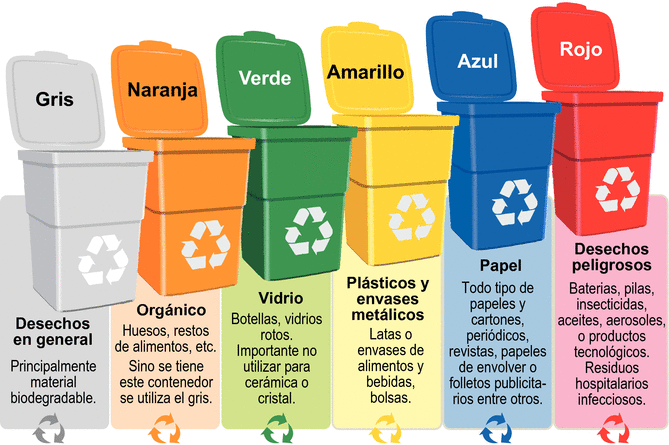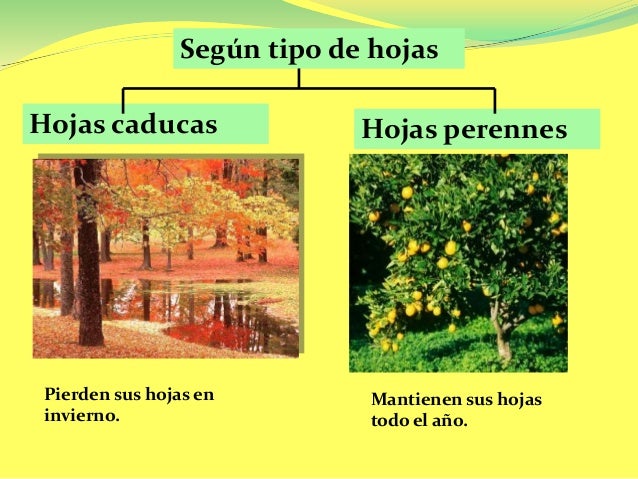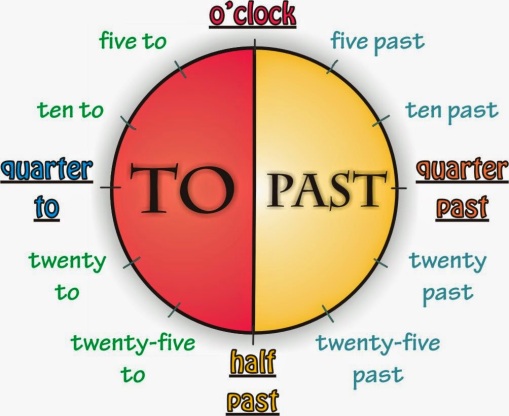jueves, 6 de junio de 2019
miércoles, 22 de mayo de 2019
jueves, 16 de mayo de 2019
viernes, 26 de abril de 2019
jueves, 25 de abril de 2019
lunes, 8 de abril de 2019
Historia
En breve trabajaremos el apasionante mundo de la Historia. Espero que estos vídeos os motiven. Happy learning!
lunes, 1 de abril de 2019
miércoles, 27 de marzo de 2019
lunes, 25 de marzo de 2019
lunes, 11 de marzo de 2019
jueves, 28 de febrero de 2019
Ríos de España
A petición popular pongo esta canción y este vídeo que os resultarán amenos para seguir aprendiendo.
viernes, 22 de febrero de 2019
COUNTABLE/ UNCOUNTABLE NOUN
COUNTABLE / UNCOUNTABLE NOUNS
It's important to distinguish between countable and uncountable nouns in English because their usage is different in regards to both determiners and verbs.
It's important to distinguish between countable and uncountable nouns in English because their usage is different in regards to both determiners and verbs.
COUNTABLE NOUNS
Countable nouns are for things we can count using numbers. They have a singular and a plural form. The singular form can use the determiner "a" or "an". If you want to ask about the quantity of a countable noun, you ask "How many?" combined with the plural countable noun.
| Singular | Plural |
|---|---|
| one dog | two dogs |
| one horse | two horses |
| one man | two men |
| one idea | two ideas |
| one shop | two shops |
EXAMPLES
- She has three dogs.
- I own a house.
- I would like two books please.
- How many friends do you have?
UNCOUNTABLE NOUNS
Uncountable nouns are for the things that we cannot count with numbers. They may be the names for abstract ideas or qualities or for physical objects that are too small or too amorphous to be counted (liquids, powders, gases, etc.). Uncountable nouns are used with a singular verb. They usually do not have a plural form.
EXAMPLES
- tea
- sugar
- water
- air
- rice
- knowledge
- beauty
- anger
- fear
- love
- money
- research
- safety
- evidence
lunes, 18 de febrero de 2019
miércoles, 13 de febrero de 2019
miércoles, 6 de febrero de 2019
European Countries (Game)
miércoles, 23 de enero de 2019
Juegos de Didactalia
He aquí algunos juegos de Didactalia que me parecen muy interesantes para practicar lo aprendido en clase y ampliar contenidos. Algunos ya los conocéis.
Países de Europa
Ríos de España
Buscar huesos
Espero que os gusten.
Difrutad.
Lisa.
Países de Europa
Ríos de España
Buscar huesos
Espero que os gusten.
Difrutad.
Lisa.
martes, 15 de enero de 2019
CONTENIDOS SEGUNDO TRIMESTRE
NATURAL SCIENCE:
Unit 4: Our systems:
- Our senses and nervous system.
- Our locomotor system.
- Our circulatory system.
- Our respiratory system.
- Our reproductive system.
Unit 5: Diet, digestion and excretion:
- The nutrients in food.
- Healthy diet.
- Digestion and excretory systems.
- Healthy habits.
SOCIAL SCIENCE:
Unit 3: Europe:
- Europe's relief.
- Europe's rivers.
- Countries and capitals.
Unit 4: Spain:
- Spain's relief.
- Spain's rivers.
INGLÉS (Unidad 5 a la 9)
Siempre repasamos lo anterior y vamos añadiendo cosas nuevas de vocabulario y gramática.
Gramática: Seguimos practicando presente contínuo, presente simple , adjetivos comparativos y superlativos.
Vocabulario: Principalmente relacionado con la familia, animales.
Unit 4: Our systems:
- Our senses and nervous system.
- Our locomotor system.
- Our circulatory system.
- Our respiratory system.
- Our reproductive system.
Unit 5: Diet, digestion and excretion:
- The nutrients in food.
- Healthy diet.
- Digestion and excretory systems.
- Healthy habits.
SOCIAL SCIENCE:
Unit 3: Europe:
- Europe's relief.
- Europe's rivers.
- Countries and capitals.
Unit 4: Spain:
- Spain's relief.
- Spain's rivers.
INGLÉS (Unidad 5 a la 9)
Siempre repasamos lo anterior y vamos añadiendo cosas nuevas de vocabulario y gramática.
Gramática: Seguimos practicando presente contínuo, presente simple , adjetivos comparativos y superlativos.
Vocabulario: Principalmente relacionado con la familia, animales.
Suscribirse a:
Comentarios (Atom)






